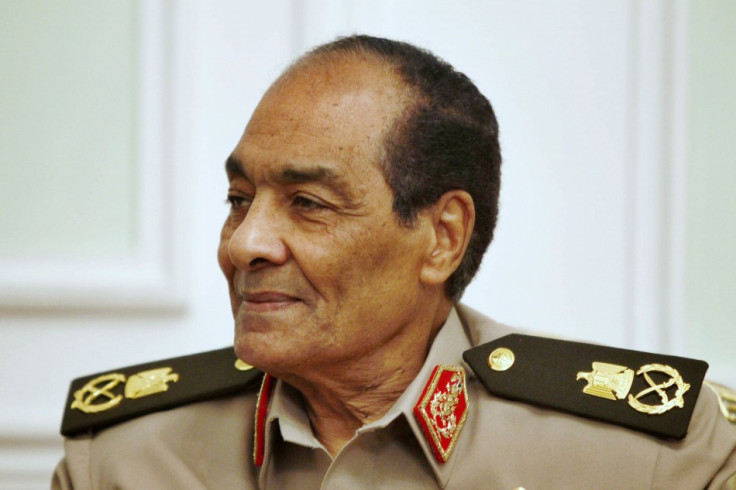870 people hurt in Egypt during demonstrations: Mubarak is gone but Tantawi is still using the same old tactics

Eight hundred and seventy people were hurt earlier this week when a planned memorial for people killed in Egypt's revolution turned into an angry demonstration against the country's interim military government, the Egyptian Organization for Human Rights said Thursday.
Clashes began Tuesday afternoon and continued into Wednesday, with intense confrontations between relatives of victims on one side and security forces on the other. The population is still very angry at the army and the security forces that carried out a bloody crackdown on protesters in January.
The human rights group said it has formed a fact-finding committee to interview witnesses and the injured and determine what led to the violence.
Another Cairo-based human rights group, the National Council for Human Rights, issued a statement Thursday condemning the security forces' use of violence against protesters.
For its part, the government is still ising the same old excuses and claim the violence was "planned and not organized by the martyr families."
Authorities have so far arrested 34 people, said Gen. Ahmed Gamal, head of the National Security Administration.
Egyptians have insisted that ousting Mubarak on February 11, is not an end in itself and they are now growing increasingly angry at the transitional regime which has been extremely slow in terms of reforms implementation.
A group called the January 25 coalition issued a range of demands Wednesday night, a day after the demonstrations began.
They called for the "speedy trial of snipers and killers of protesters, the removal of Cairo's head of security and the official spokesman of the Ministry of Interior" and "an immediate investigation in the events of last night", the release of detainees held overnight and the "immediate expulsion of security officers who continue to butcher and kill Egyptian people," among other demands.
Tensions quickly rose and violence instantly escalated as some protesters burned tires and threw Molotov cocktails, while police responded with tear gas, bullets and pellets in the biggest demonstrations in Cairo in months.
Despite repression from the security forces, demonstrators maintained their positions in Cairo's Tahrir Square, reaching a total number of about 2,000 people.
Several thousand protesters chanted against Gen. Mohamed Hussein Tantawi, who is an ancient political figure and still represent the Mubarak era to many Egyptians. Tantawi heads the Supreme Council of the Egyptian Armed Forces, which has been in charge of the country since Mubarak was forced to step down.
Egyptians also complain that while Mubarak was a dictator who oppressed his own people for decades, he did it with the help of the army and the security forces. Over the years, accusations of torture, beating and illegal imprisonment were rife among the opposition and many even accused the government of having a secret police.
The human rights group Amnesty International has estimated at least 840 people were killed and more than 6,000 wounded during the 18-day revolution that began in late January.
Since it took over, the military-led government has been prosecuting several former officials accused of ordering security forces to fire on protesters.
A police officer accused of killing 20 protesters during a January 28 demonstration has been sentenced to death and former Interior Minister Habib El Adly has been sentenced to 12 years for corruption charges but still awaits the verdict for the charge of killing protesters.
Meanwhile, Mubarak is scheduled to face the Cairo Criminal Court on August 3 on charges of corruption and deaths of protesters, the justice department announced on Wednesday.
However many still insist that the army is corrupt and unwilling to implement reforms, especially after the transitional government decided to keep the country under the state of emergency law. People have been protesting against the military regime since it took over from Mubarak. Tantawi was always a friend and close ally of the former president and Egyptians are aware he contributed in the leader's strategy to remain in power by using fear and intimidation.
While Egypt's military rulers have set parliamentary elections for September, it will be interesting to see who will run as president and what space does the military leaves to the contenders on the political scene.
© Copyright IBTimes 2024. All rights reserved.





